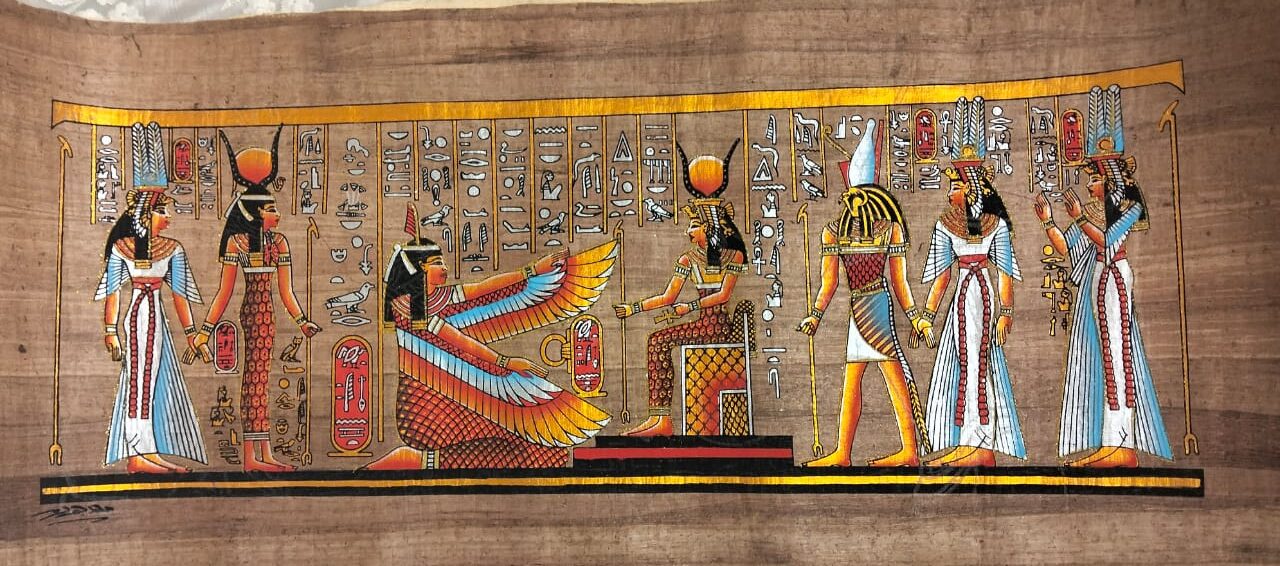The Court of the Dead
Ancient Egyptian Belief:
The Court of the Dead was a fundamental doctrine in ancient Egyptian religion, where the soul was believed to face judgment after death.
The Trial:
1. 42 Judges: The deceased stood before a court of 42 judges, representing the regions of Egypt, presided over by Anubis, the god of death.
2. Confession: The deceased recited their good deeds and renounced their evil actions, such as theft and murder.
3. Weighing of the Heart: The heart of the deceased was placed on one side of the scales of justice, while a feather representing Ma’at, the goddess of truth, justice, and morality, was placed on the other side.
The Verdict:
1. Lighter Scales: If the scales were lighter, the deceased was granted eternal bliss and paradise.
2. Heavier Scales: If the scales were heavier, the deceased was condemned to eternal torment.
Significance:
1. Moral Accountability: The Court of the Dead emphasized the importance of moral accountability and living a virtuous life.
2. Afterlife: The trial determined the deceased’s fate in the afterlife, highlighting the significance of the afterlife in ancient Egyptian culture


Reviews
There are no reviews yet.